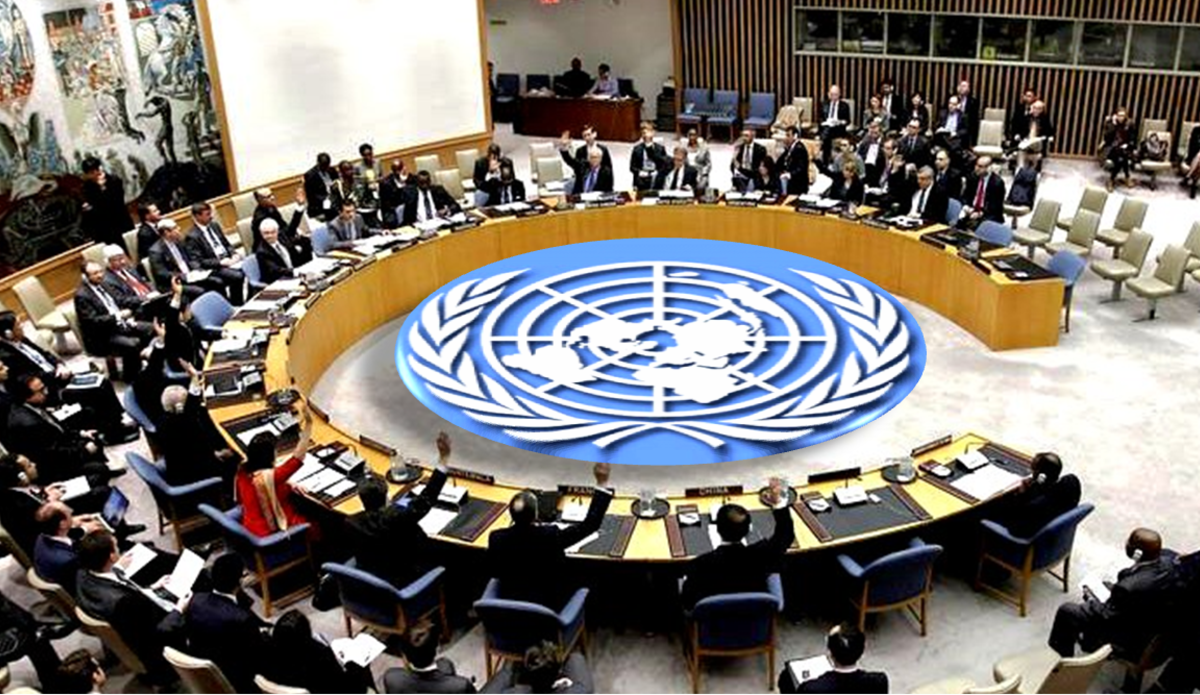
The United States has vetoed a UN Security Council initiative that called for a ceasefire in Gaza, arguing that it would have strengthened Hamas. The proposed resolution requested "an immediate, unconditional, and permanent ceasefire" in the conflict between Israel and Hamas, along with the "immediate and unconditional release of all hostages."
The Security Council voted 14-1 in favor of the proposal, which was put forward by the 10 elected members of the 15-member council, but it was not adopted due to the US veto.
Israel's UN ambassador, Danny Danon, criticized the resolution, stating it "was not a path to peace, but rather a roadmap to more terror, suffering, and bloodshed." He expressed gratitude to the United States for exercising its veto, asserting that many members of the council attempted to back what he deemed unjust.
Robert Wood, the US deputy ambassador to the UN, reiterated the US stance that any ceasefire must be linked to the release of hostages. The ongoing conflict began with a Hamas attack on Israel on October 7, 2023, which resulted in the deaths of 1,206 individuals, primarily civilians, according to Israeli officials. The health ministry in Gaza reported that the war has resulted in 43,985 fatalities, mostly civilians, and the UN considers these figures reliable.
Of the 251 hostages taken during the October 7 assault, 97 are still in Gaza, with 34 confirmed dead according to Israeli military reports. Nearly all of Gaza's 2.4 million residents have been displaced due to the conflict, which has precipitated a humanitarian crisis.
Hamas accused the US of being a "partner in the aggression against our people," labeling it a "criminal" entity that kills children and women while devastating civilian life in Gaza.
Since the conflict's onset, the Security Council has struggled to reach a unified stance, as the United States has frequently used its veto power, along with instances from Russia and China. A US official noted that "China kept demanding stronger language" and alleged that Russia was influencing other countries regarding the recent resolution.